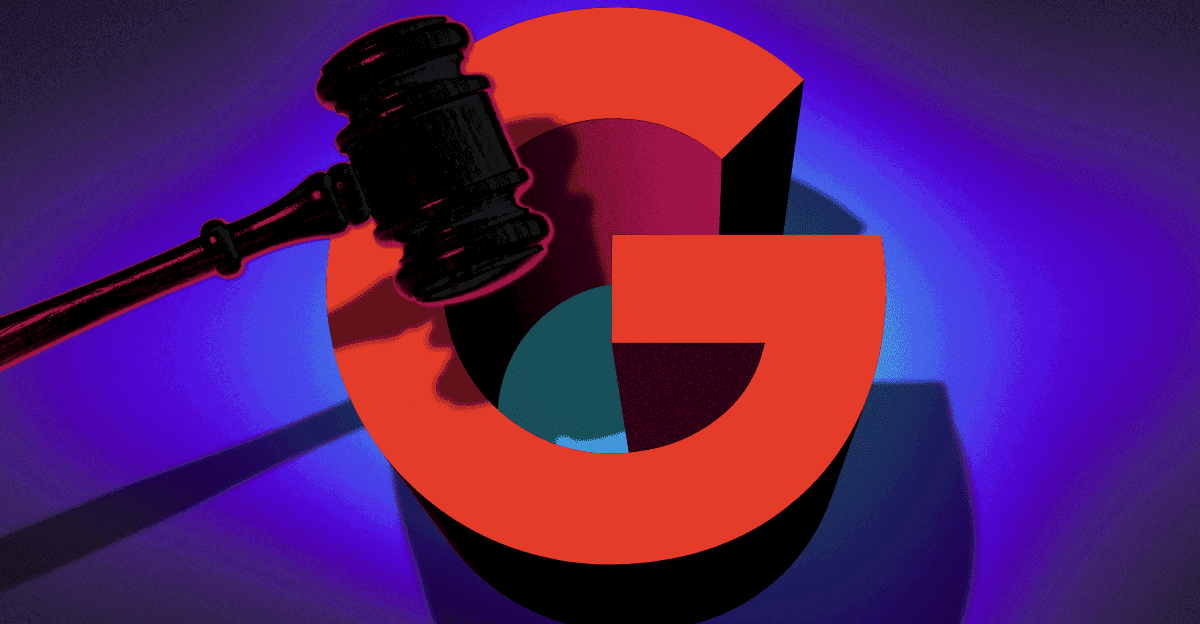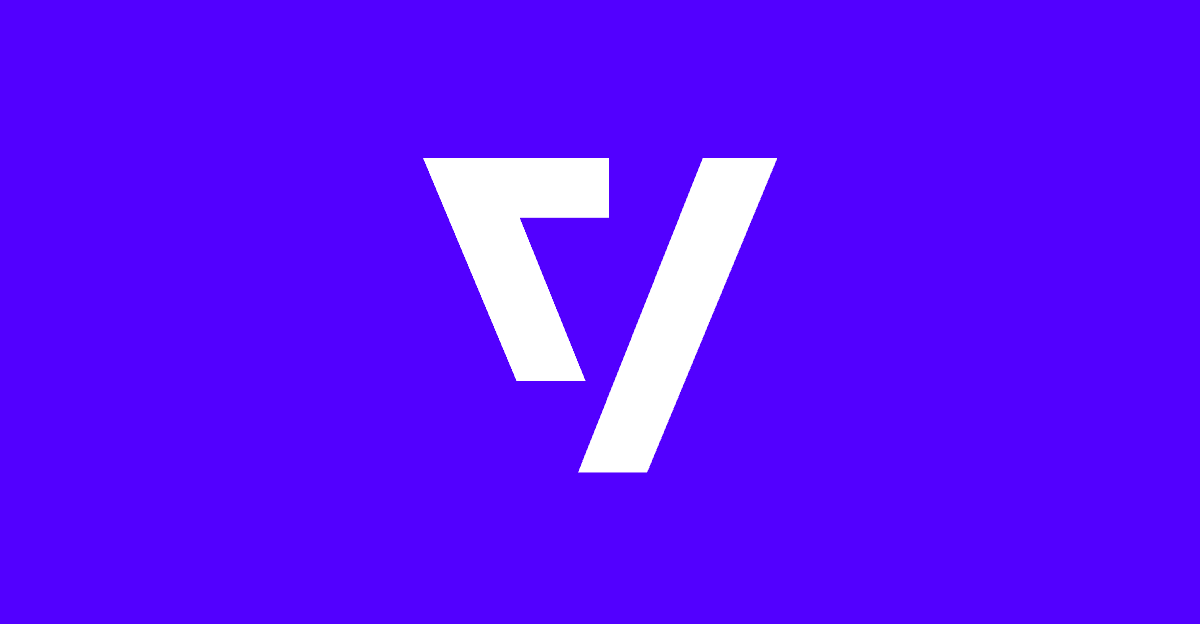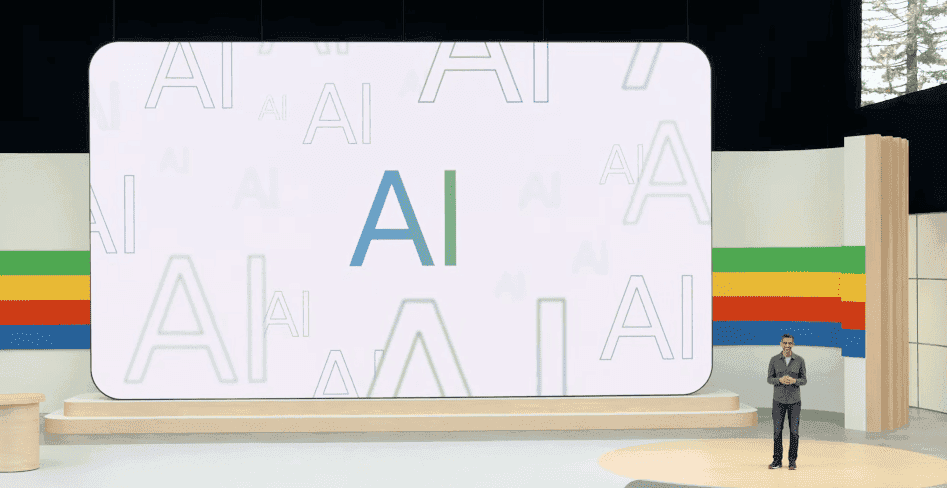Google's AI Search Strategy: Publishers Left with Limited Options
2 Sources
2 Sources
[1]
Google rejected giving publishers more choice to opt out of AI Search
Jess Weatherbed is a news writer focused on creative industries, computing, and internet culture. Jess started her career at TechRadar, covering news and hardware reviews. Google didn't want to give publishers the choice to keep their content out of AI Search results because it's "evolving into a space for monetisation." That's according to a newly disclosed internal document spotted by Bloomberg, which reveals that Google had discussed offering publishers more granular control over how website data would be used in AI Search features instead of the illusion of choice they eventually received. The document, written by Google Search executive Chetna Bindra, was released during the US antitrust trial into Google's online search monopoly. The access to its search engine data gives Google a huge advantage in AI development over rivals like Perplexity and OpenAI. But Google's AI Overviews and AI Mode can be detrimental to the websites they source from by reducing clickthroughs, incentivizing publishers to keep their content out of AI summaries and related features if given the choice. One of the suggestions in the documents that Google considered a "hard red line" would enable publishers to prevent Google's AI models from referencing their data in real time, but not opt out of being used to train features like AI Overviews generally. Another option, labelled as "likely unstable," suggested that no additional controls should be added, and that publishers can opt out of being indexed on Search entirely, "if not satisfied." A court hearing on May 2nd revealed that publishers are facing that ultimatum. While Google introduced a way for publishers to opt out of AI training in 2023, Google DeepMind vice president Eli Collins said it doesn't apply to search-specific AI products like AI Overviews. The only way for publishers to avoid AI Overviews sucking up their content is to opt out of being crawled by Googlebot -- which stops their website being indexed for Search altogether. When AI Overviews rolled out last year, Google decided to "silently update" the information about publisher controls with "no public announcement," according to the document. Guidance on how to word the update also suggests that Google intentionally made it harder for publishers to know what they were actually opting out of to avoid getting "into the details of distinction" between training for Gemini, AI Overviews, and other AI models. "Do what we say, say what we do, but carefully," Bindra said in the document. Google says that this document was an early list of options it was considering as AI search was evolving, and doesn't reflect the decisions it ultimately made. "Publishers have always controlled how their content is made available to Google as AI models have been built into Search for many years, helping surface relevant sites and driving traffic to them," Google spokesperson Peter Schottenfels said in a statement to The Verge. "New search features like AI Overviews have led to more searches, which creates new opportunities for sites to be discovered. The wording that Google currently uses is more upfront, saying that publishers who flag their content not to be used for AI Overviews and AI Mode will also keep it out of "all forms of search results."
[2]
'Bit damning': How Google decided to cut publishers out of AI search
Gift 5 articles to anyone you choose each month when you subscribe. While using website data to build a Google Search topped with artificial intelligence-generated answers, an Alphabet executive acknowledged in an internal document that there was an alternative way to do things: They could ask web publishers for permission, or let them directly opt out of being included. But giving publishers a choice would make training AI models in search too complicated, the company concludes in the document, which was unearthed in the company's search antitrust trial. It said Google had a "hard red line" and would require all publishers who wanted their content to show up in the search page to also be used to feed AI features. Instead of giving options, Google decided to "silently update", with "no public announcement" about how they were using publishers' data, according to the document, written by Chetna Bindra, a product management executive at Google Search. "Do what we say, say what we do, but carefully."
Share
Share
Copy Link
Google's internal documents reveal the company's decision to limit publishers' control over their content in AI-powered search features, raising concerns about transparency and fairness in the evolving AI landscape.
Google's Stance on Publisher Control in AI Search
Google has come under scrutiny for its approach to incorporating publisher content into its AI-powered search features. Internal documents revealed during the US antitrust trial into Google's online search monopoly shed light on the company's decision-making process regarding publisher control over their content in AI Search results
1
.According to a document written by Google Search executive Chetna Bindra, the company rejected the idea of giving publishers more granular control over how their website data would be used in AI Search features. Instead, Google opted for what the document describes as an "illusion of choice" for publishers
1
.The Ultimatum for Publishers

Source: The Verge
The situation presents a significant dilemma for publishers. While Google introduced a way for publishers to opt out of AI training in 2023, Google DeepMind vice president Eli Collins clarified that this doesn't apply to search-specific AI products like AI Overviews. Publishers are left with a stark choice: allow their content to be used in AI Overviews or opt out of being crawled by Googlebot entirely, which would effectively remove their website from Google Search results
1
.Google's Internal Deliberations
The internal document outlines several options that Google considered:
- A "hard red line" option that would allow publishers to prevent Google's AI models from referencing their data in real-time, but not opt out of being used to train features like AI Overviews generally.
- A "likely unstable" option suggesting no additional controls should be added, leaving publishers with the choice to opt out of being indexed on Search entirely "if not satisfied"
1
.
Lack of Transparency
Perhaps most concerning is the revelation that Google decided to "silently update" the information about publisher controls with "no public announcement." The document also suggests that Google intentionally made it harder for publishers to understand what they were opting out of, avoiding getting "into the details of distinction" between training for Gemini, AI Overviews, and other AI models
1
2
.Related Stories
Google's Response
In response to these revelations, Google spokesperson Peter Schottenfels stated that the document represents an early list of options the company was considering as AI search was evolving and does not reflect the decisions ultimately made. Google maintains that publishers have always controlled how their content is made available to Google, and that new search features like AI Overviews have led to more searches, creating new opportunities for sites to be discovered
1
.Implications for the Industry
This situation highlights the growing tension between tech giants developing AI-powered search features and content creators. As AI continues to reshape the search landscape, questions of fairness, transparency, and the rights of publishers are likely to remain at the forefront of industry discussions and potential regulatory scrutiny.
References
Summarized by
Navi
[2]
Related Stories
Google's AI Training Practices Raise Concerns Over Publisher Opt-Outs and Data Usage
04 May 2025•Technology

UK Watchdog Pushes Google to Let Publishers Opt Out of AI Overviews Amid Traffic Concerns
28 Jan 2026•Policy and Regulation

News Publishers Slam Google's AI Mode as 'Theft', Raising Concerns Over Content Usage and Revenue Loss
22 May 2025•Technology

Recent Highlights
1
Google Gemini 3.1 Pro doubles reasoning score, beats rivals in key AI benchmarks
Technology

2
Meta strikes up to $100 billion AI chips deal with AMD, could acquire 10% stake in chipmaker
Technology

3
Pentagon threatens Anthropic with supply chain risk label over AI safeguards for military use
Policy and Regulation





